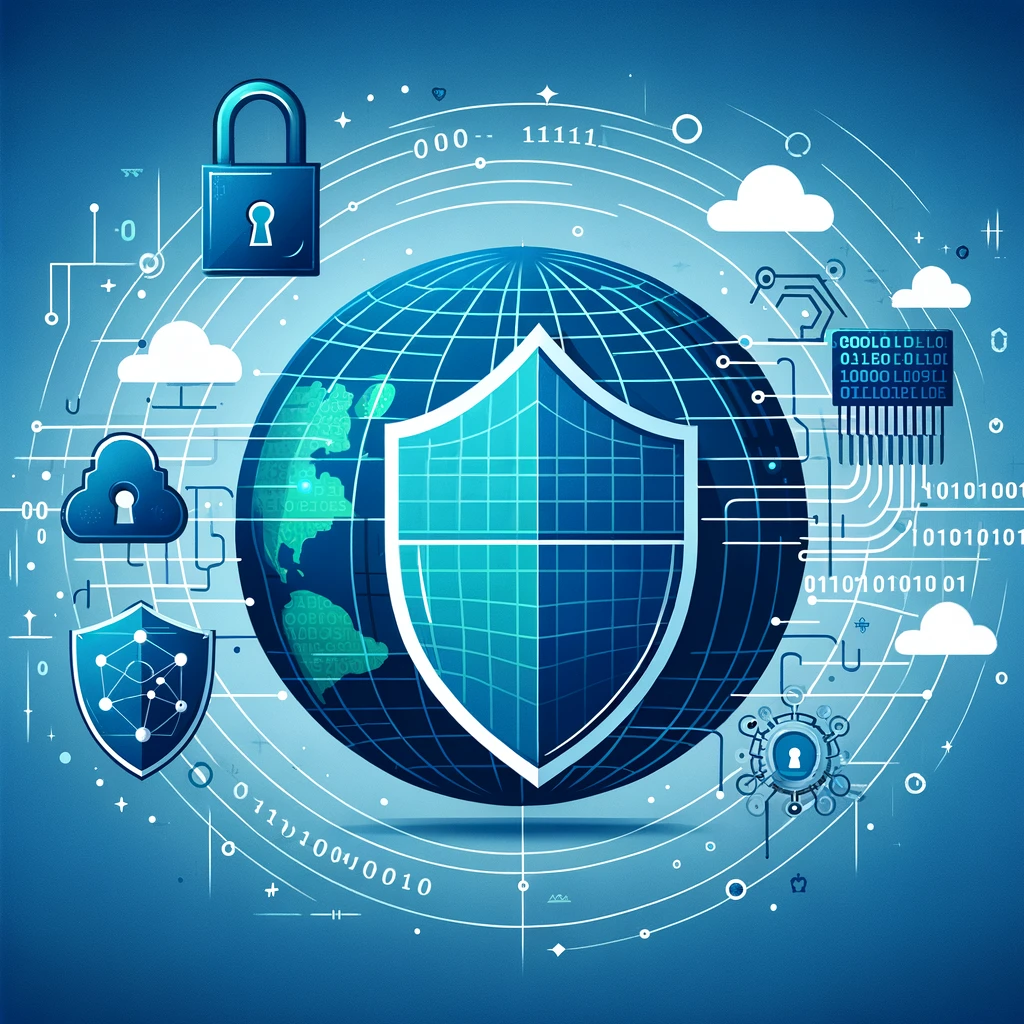In today's interconnected world, internet security has become a paramount concern for individuals and businesses alike. The digital age offers unparalleled opportunities for communication, learning, and growth, but it also presents unique challenges in the form of cyber threats. From identity theft to data breaches, the risks are real and ever-present. This guide provides crucial internet security tips to help you navigate the online world safely and securely.
1. Strong, Unique Passwords: Your first line of defense in the digital world is a strong password. It's essential to create unique, complex passwords for each of your online accounts. Avoid common words and include a mix of upper and lower case letters, numbers, and symbols. Consider using a password manager to securely store and manage your passwords. Regularly updating your passwords and avoiding the use of the same password across multiple sites can significantly enhance your online security.
2. Beware of Phishing Scams: Phishing scams, where cybercriminals impersonate legitimate organizations to steal sensitive information, are increasingly common. Be cautious with emails requesting personal information or urging immediate action. Verify the sender's authenticity and avoid clicking on suspicious links. Remember, reputable organizations will never ask for sensitive information via email. Educating yourself about the latest phishing techniques can help you stay one step ahead of these scams.
3. Regular Software Updates: Keeping your software up-to-date is crucial for protecting against vulnerabilities. Software updates often include patches for security flaws that hackers could exploit. Enable automatic updates on your devices to ensure you're always running the latest versions. This includes your operating system, applications, and antivirus software, providing a robust defense against potential cyber attacks.
4. Secure Your Wi-Fi Network: An unsecured Wi-Fi network is a vulnerable entry point for cybercriminals. Always use a strong, unique password for your Wi-Fi network. Consider hiding your network name (SSID) and enabling network encryption, typically WPA2 or WPA3, for additional security. Be wary of using public Wi-Fi for sensitive transactions, as these networks are often less secure.
5. Use a VPN for Extra Security: A Virtual Private Network (VPN) is a powerful tool for enhancing your online privacy and security. It encrypts your internet connection, hiding your IP address and protecting your data from prying eyes. Use a reputable VPN service, especially when accessing the internet on public Wi-Fi networks, to ensure your online activities remain confidential.
6. Enable Two-Factor Authentication (2FA): Two-factor authentication adds an extra layer of security beyond just a password. This typically involves a password plus a second factor, like a text message or an authentication app. Enabling 2FA on your online accounts significantly reduces the risk of unauthorized access, even if your password is compromised.
In the digital era, internet security is not a luxury but a necessity. By implementing these essential tips, you can significantly enhance your online safety. Stay informed about the latest cybersecurity trends and threats, as cybercriminals constantly evolve their tactics. Remember, the key to staying safe online is continuous vigilance and a proactive approach to internet security.
If you are interested in learning more, Schedule a call today.





